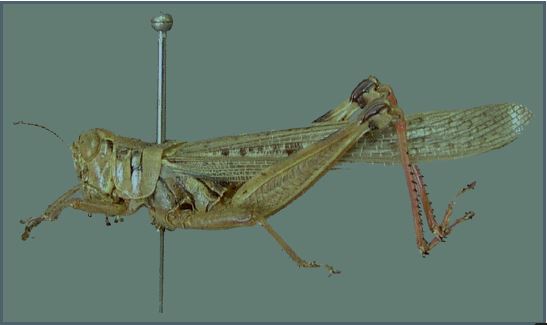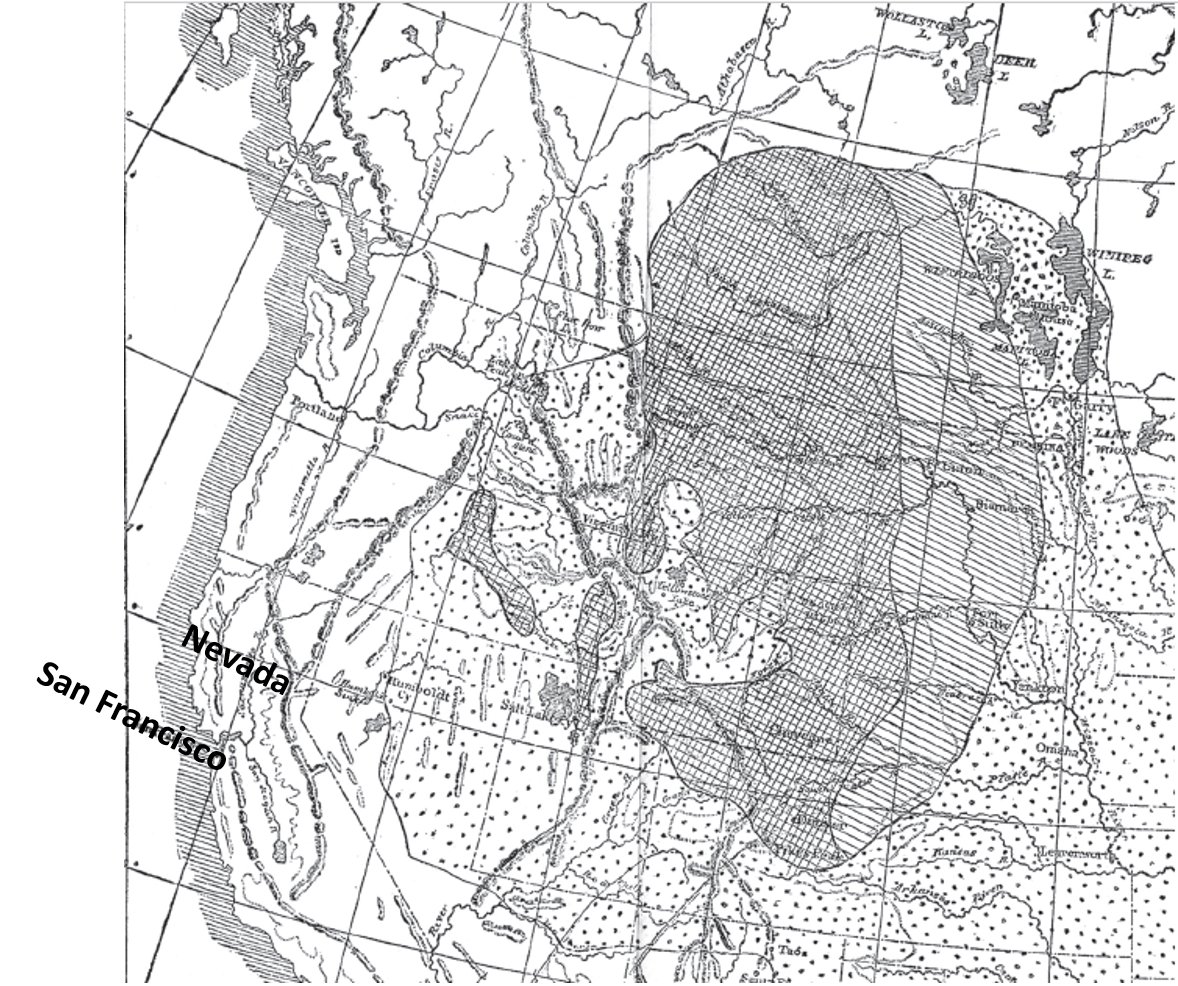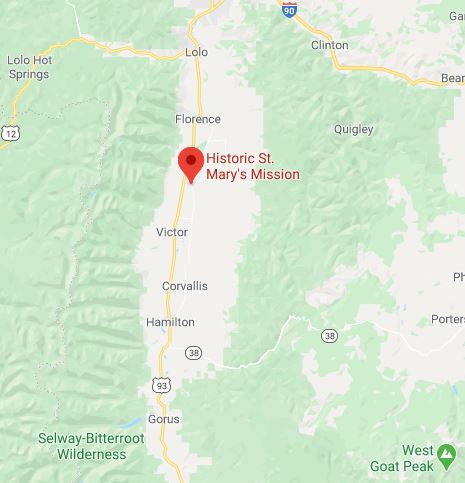Why are people poisoning themselves with horse dewormer to treat COVID-19?
Let's explore ivermectin in this week's #DeepDive
Let's explore ivermectin in this week's #DeepDive
Ivermectin is a medication which is perscribed to combat parasites.
It jams itself into chloride channels, permanently turning the nerves off.
It can't do that to people, so it has a pretty good safety profile if you stick to the correct doses.
It jams itself into chloride channels, permanently turning the nerves off.
It can't do that to people, so it has a pretty good safety profile if you stick to the correct doses.
Okay, but viruses don't have nerves.
So why would an insecticide work on a virus?
It does something else, too. It blocks the import of proteins into the nucleus.
Kind of.
dicyt.uto.edu.bo/observatorio/w…
So why would an insecticide work on a virus?
It does something else, too. It blocks the import of proteins into the nucleus.
Kind of.
dicyt.uto.edu.bo/observatorio/w…
See, once we get outside of a petri dish, the antiviral properties of ivermectin become a bit questionable.
Sometimes, it works in mice, sometimes it doesn't. Bodies are a lot more complicated than petri dishes.
XKCD
bit.ly/3zlEfju
go.nature.com/3kjQ9EB
Sometimes, it works in mice, sometimes it doesn't. Bodies are a lot more complicated than petri dishes.
XKCD
bit.ly/3zlEfju
go.nature.com/3kjQ9EB

The other problem, is that for the medicine to reach the levels needed to treat COVID-19, you need a really high dose.
Like, well over 10x what's currently given to people.
ascpt.onlinelibrary.wiley.com/doi/full/10.10…
Like, well over 10x what's currently given to people.
ascpt.onlinelibrary.wiley.com/doi/full/10.10…

So there's SOME evidence it works, at least. In animal models. And in cells.
The big paper which set all of this off was a well-performed paper looking at the drug in cell cultures.
sciencedirect.com/science/articl…
The big paper which set all of this off was a well-performed paper looking at the drug in cell cultures.
sciencedirect.com/science/articl…
This paper set off a lot of clinical trials, many with varying quality, different confounding factors...it's just hard to parse so many trials run so differently on the fly.
I'm not a doctor, so I'm going to refer to BMJ here:
ebm.bmj.com/content/early/…
I'm not a doctor, so I'm going to refer to BMJ here:
ebm.bmj.com/content/early/…

Ultimately, though, it looks like it has some weak effects. Weak, but positive.
So maybe if we find the right dosing regime.
So maybe if we find the right dosing regime.

The problem, however, is that a lot of this is based on preprints.
...and a lot of this data just isn't quality data.
One paper that's been widely cited in online spheres relied on a withdrawn paper for 15% of its effect size.
nature.com/articles/d4158…
...and a lot of this data just isn't quality data.
One paper that's been widely cited in online spheres relied on a withdrawn paper for 15% of its effect size.
nature.com/articles/d4158…
So that's where we are on ivermectin. It's a big "maybe" with a lot of legitimate questions about whether it works...which it very likely might not based on how it's metabolized in people.
Vaccines DO work, so if you can, get vaccinated.
Vaccines DO work, so if you can, get vaccinated.
• • •
Missing some Tweet in this thread? You can try to
force a refresh











